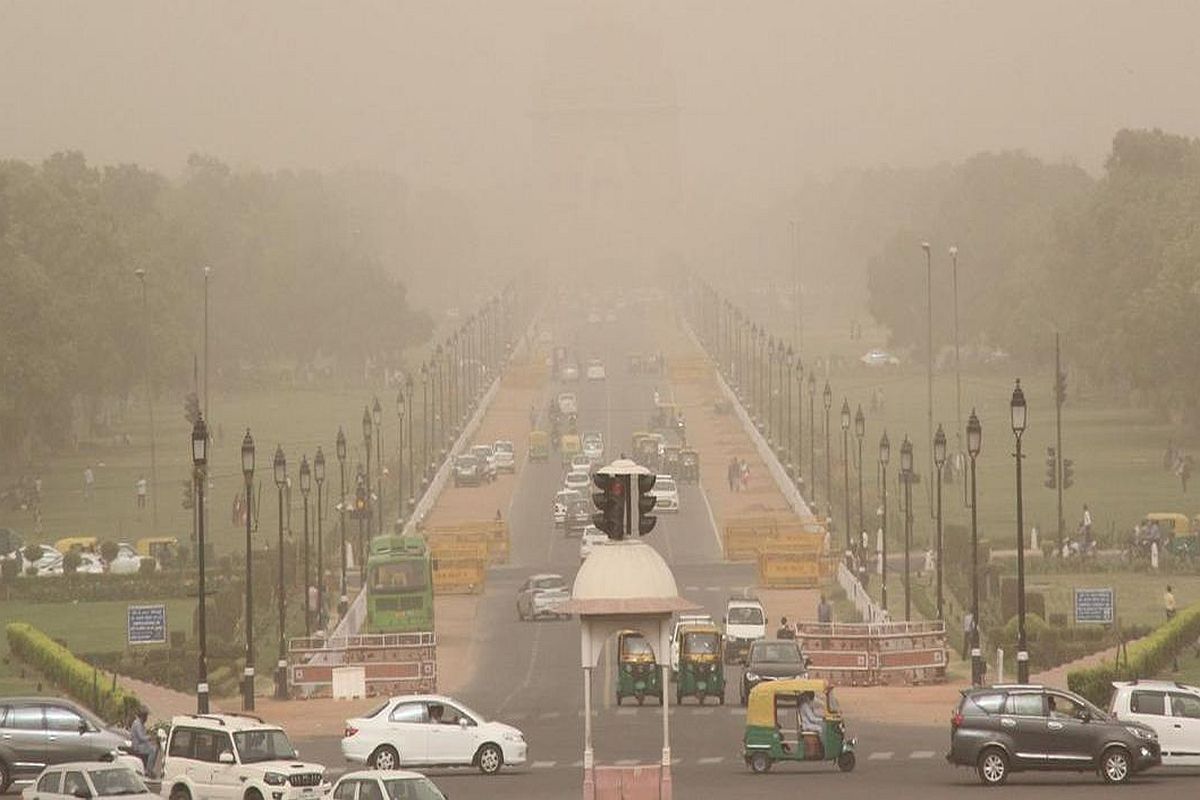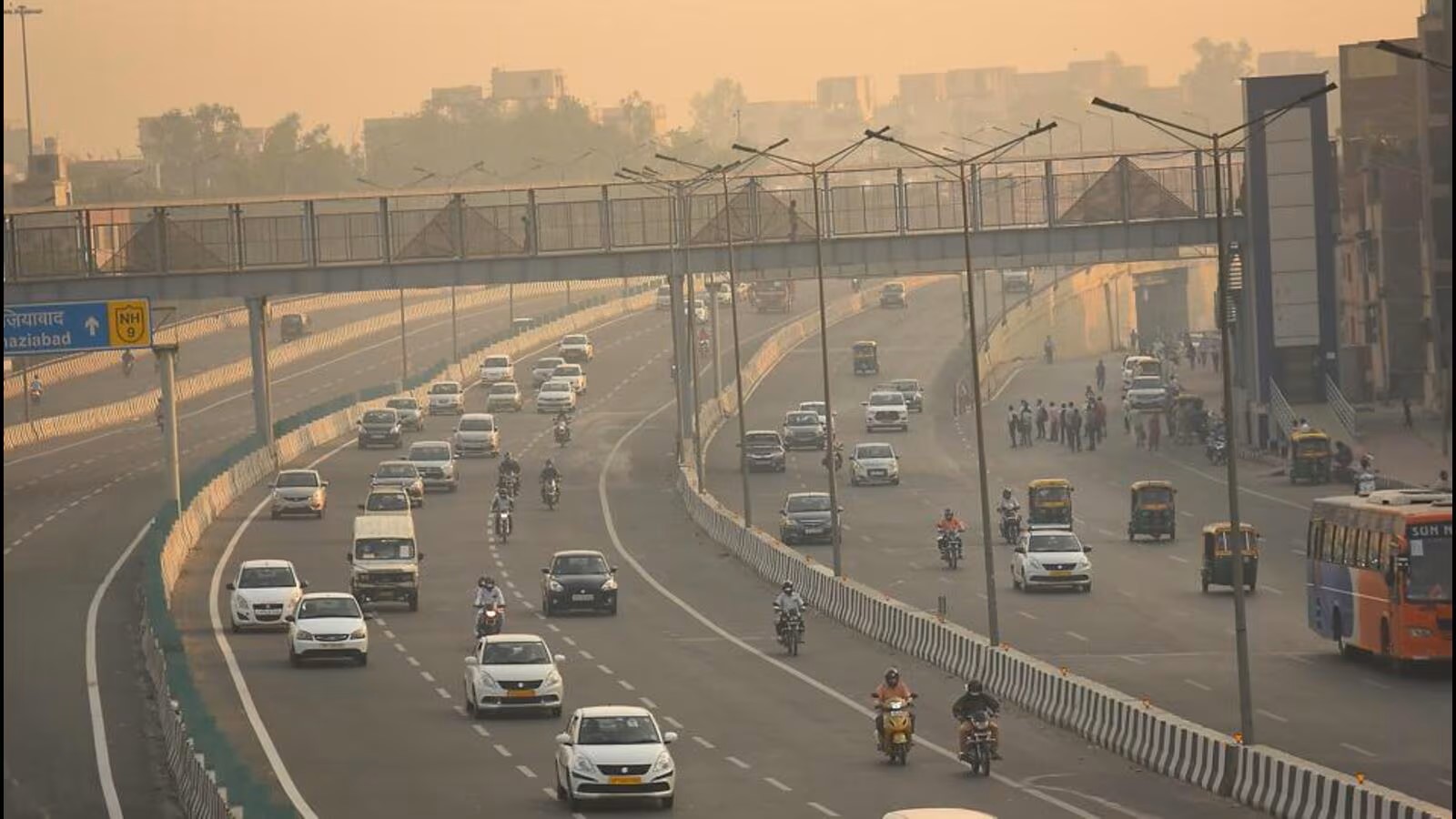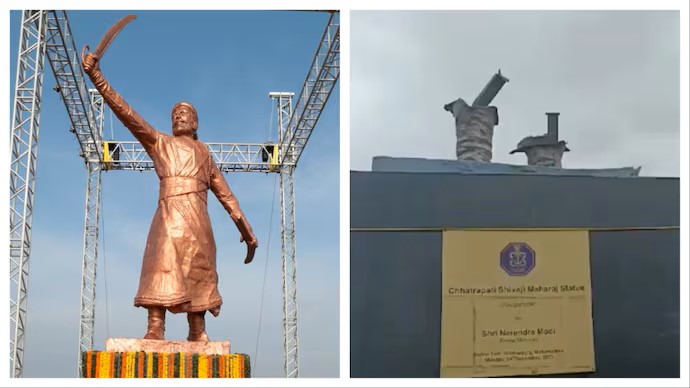In an effort to strengthen measures aimed at combating the adverse air quality typical during the winter months in Delhi-NCR, the Commission for Air Quality Management (CAQM) has revised the Graded Response Action Plan (GRAP) for the region. This revised plan, effective from December 2024, introduces key updates to enhance air quality management during periods of deteriorating air conditions in the National Capital Region (NCR).
 The GRAP is an emergency response framework that triggers specific actions based on the average Air Quality Index (AQI) levels in Delhi. It involves coordination between various stakeholders, including government agencies and authorities, to address poor air quality situations. The updated GRAP has been developed after a thorough review of scientific data, expert recommendations, and past experiences.
The GRAP is an emergency response framework that triggers specific actions based on the average Air Quality Index (AQI) levels in Delhi. It involves coordination between various stakeholders, including government agencies and authorities, to address poor air quality situations. The updated GRAP has been developed after a thorough review of scientific data, expert recommendations, and past experiences.
Key Changes in the Revised GRAP:
- Stage II – ‘Very Poor’ Air Quality (AQI: 301-400):
- Enhanced mechanized sweeping and water sprinkling across identified roads to reduce dust, with additional shifts for increased intensity.
- Increased water sprinkling using dust suppressants, especially on high-traffic corridors, before peak traffic hours.
- Regulated operation of diesel generators (DG) across NCR, focusing on dual fuel or retrofitted DG sets for emission control.
- Augmented public transport services through additional CNG/electric buses and increased metro services, with differential fare rates to encourage off-peak travel.
- Electric heaters to be provided to staff in Resident Welfare Associations (RWAs) to prevent the burning of bio-mass and municipal solid waste (MSW) during winters.
- Restrictions on non-CNG/EV/interstate buses entering Delhi.
- Stage III – ‘Severe’ Air Quality (AQI: 401-450):
- Strict restrictions on BS III petrol and BS IV diesel light motor vehicles (LMVs) in Delhi and districts like Gurugram, Faridabad, Ghaziabad, and Gautam Buddh Nagar.
- No entry for BS IV and lower diesel-operated light commercial vehicles (LCVs) from outside Delhi, except those transporting essential commodities.
- Hybrid mode classes in schools for children up to class V in NCR, wherever feasible, along with online education options for students and their guardians.
- The central government may stagger office timings in Delhi-NCR to reduce vehicular emissions.
- Stage IV – ‘Severe+’ Air Quality (AQI > 450):
- Mandated hybrid classes for students up to class IX and XI in affected areas, in addition to classes up to class V.
- Further extension of hybrid education options across the NCR region as needed, based on the situation.
These measures aim to reduce the impact of deteriorating air quality by targeting the most significant contributors to pollution, including vehicle emissions and dust, while also ensuring that public health and daily life are minimally affected during severe pollution events.
For more detailed information, the full revised GRAP schedule is available on the official CAQM website: https://caqm.nic.in.
The revised plan is a step forward in managing the region’s air quality challenges during the critical winter months.




